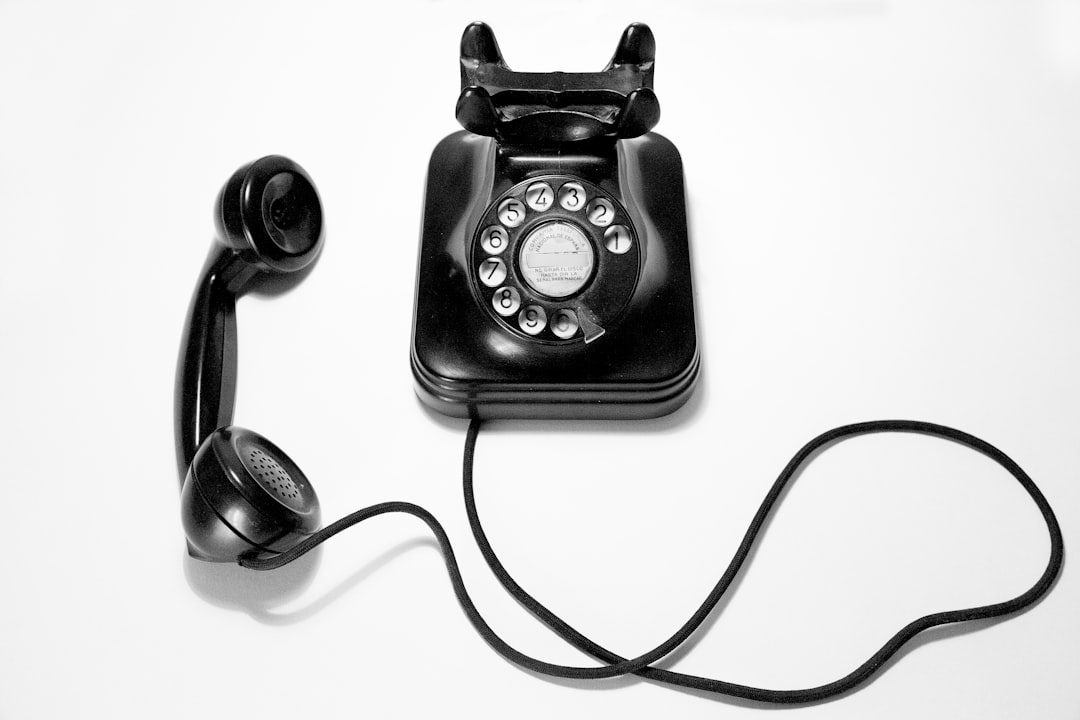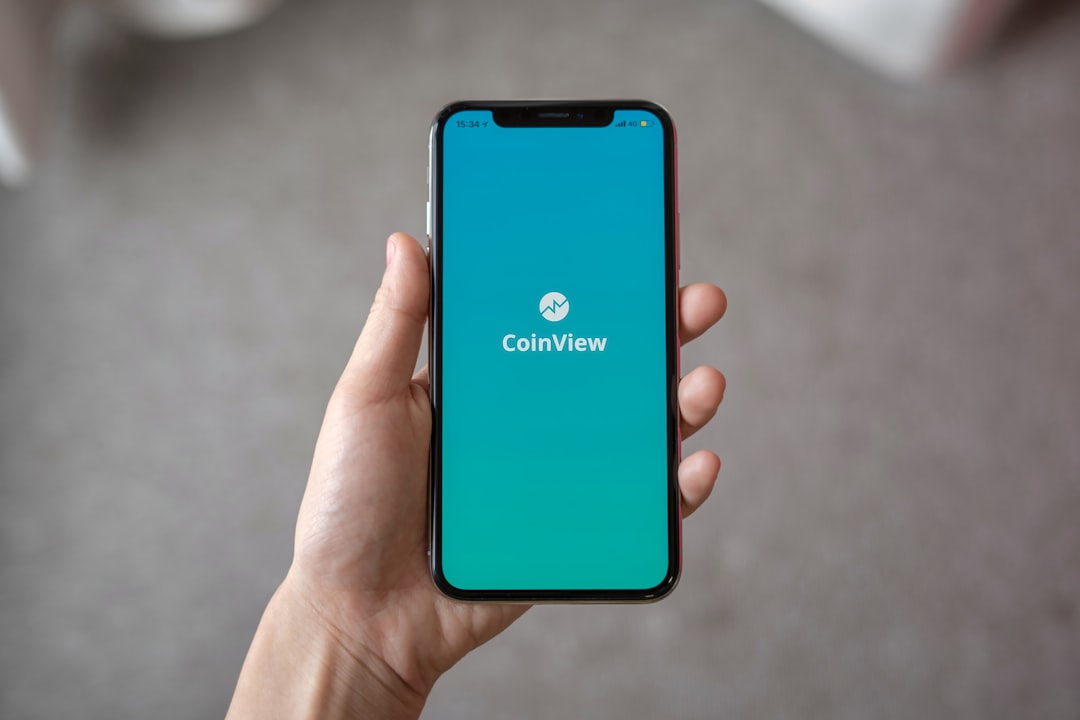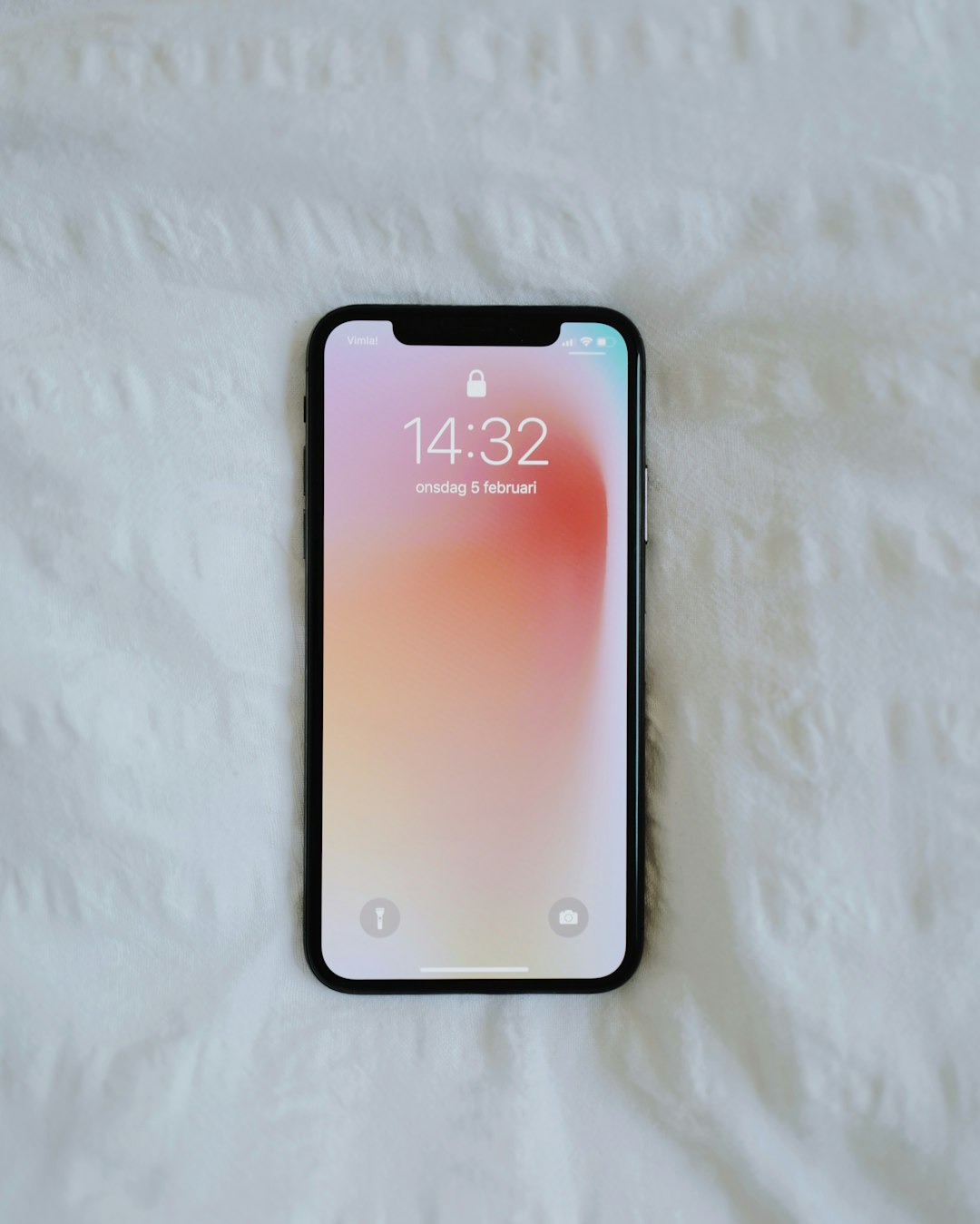Philadelphia's "Do Not Text" laws ban phone use while driving, with fines up to $200, aiming to boost road safety and curb distracted driving. Residents also enjoy protection from unsolicited text messages via the Do Not Text (DNT) registry, facilitated by DNT lawyers. These laws prioritize privacy, minimize legal interruptions, and ensure peaceful personal time. First-time offenders may face reduced penalties, emphasizing education over punishment. Complying with these regulations is crucial for safe driving and avoiding legal issues; seek Do Not Text lawyers in Philadelphia for guidance if needed.
In Philadelphia, “Do Not Text” laws are designed to protect residents from unwanted text messages, offering a vital shield for privacy and peace. This comprehensive guide explores how these laws work, empowering Philadelphians to understand their rights against unsolicited texts. We delve into the benefits for personal time and privacy, and outline penalties for violators. For those seeking legal counsel, discovering the right Do Not Text Lawyers in Philadelphia can ensure your rights are protected in this digital age.
Understanding Do Not Text Laws in Philadelphia

In Philadelphia, “Do Not Text” laws are designed to protect residents from distracted driving and ensure road safety. These laws prohibit drivers from sending or reading text messages while behind the wheel. Understanding these regulations is crucial for all residents and visitors alike, as violations can result in fines and penalties.
The rules are clear: if you’re operating a motor vehicle, your focus should be solely on the road. Using your phone to send a quick message or check social media not only endangers you but also those around you. Philadelphia’s Do Not Text laws aim to deter this behavior by holding drivers accountable for their actions. Awareness and compliance are key to making our streets safer for everyone.
Rights of Philadelphia Residents Against Unsolicited Texts

Philadelphia residents, like many others across the country, have rights when it comes to unsolicited text messages, thanks to state laws and federal regulations. The Do Not Text (DNT) registry, established by the Telephone Consumer Protection Act (TCPA), offers a powerful tool for individuals to exercise control over their communication preferences. By registering their phone numbers on this national list, residents can ensure they don’t receive marketing or promotional texts from unknown senders.
This legislation grants Philadelphia citizens the right to silence unwanted text messages from businesses and organizations, protecting them from intrusive marketing tactics. It’s a straightforward process for residents to opt-out of these messages; all one needs to do is register their number on the DNT list. This simple step can significantly reduce the volume of unsolicited texts, providing peace of mind and ensuring that personal time remains free from commercial interruptions.
How These Laws Protect Your Privacy and Time

The “Do Not Text Lawyers” laws in Philadelphia are designed to protect residents’ privacy and prevent unwanted or excessive communication from legal professionals. By establishing guidelines on text messaging, these laws ensure that individuals can enjoy their personal time without constant interruptions from lawyers. This is particularly relevant in today’s digital age where text messages can be overwhelming, especially when they’re not solicited.
These laws give Philadelphia residents the peace of mind to know that their privacy is respected, and their time is valued. It creates a harmonious balance between legal firms and potential clients, fostering a more professional and less intrusive relationship. This means no more unwanted late-night texts or messages during personal time, allowing individuals to disconnect and recharge without legal interruptions.
Enforcement and Penalties for Violations

In Philadelphia, as in many places, Do Not Text laws are designed to protect drivers from the dangers of distracted driving. However, enforcement and penalties for violations vary. Police officers can pull over a driver if they observe unsafe behavior while using a phone, such as sending texts or making calls. Fines for these offenses typically range from $50 to $200, depending on local regulations and the specific circumstances of the violation.
Repeated offenders or those caught engaging in more severe distractions may face stiffer penalties, including points on their driver’s license and increased insurance rates. Additionally, some courts in Philadelphia have implemented programs that offer reduced sentences or community service for first-time offenders, aiming to educate rather than strictly punish. It’s crucial for residents to understand these laws and the potential consequences to ensure safe driving practices and avoid unnecessary legal troubles. Remember, a Do Not Text lawyer isn’t always needed, but being aware of and adhering to traffic regulations is paramount.






